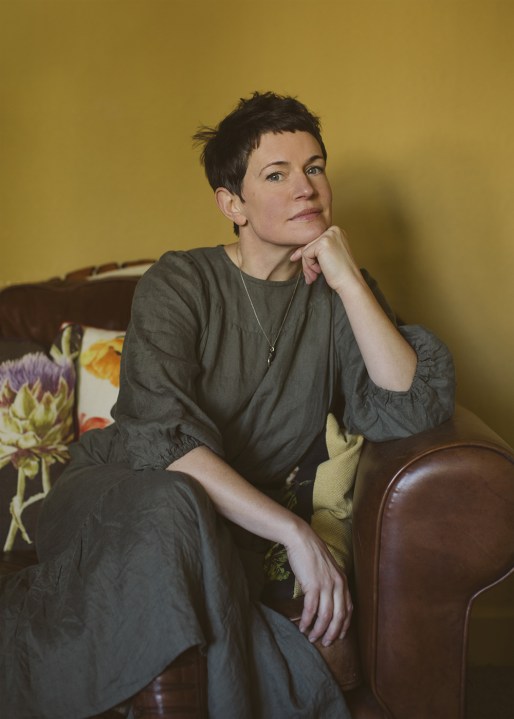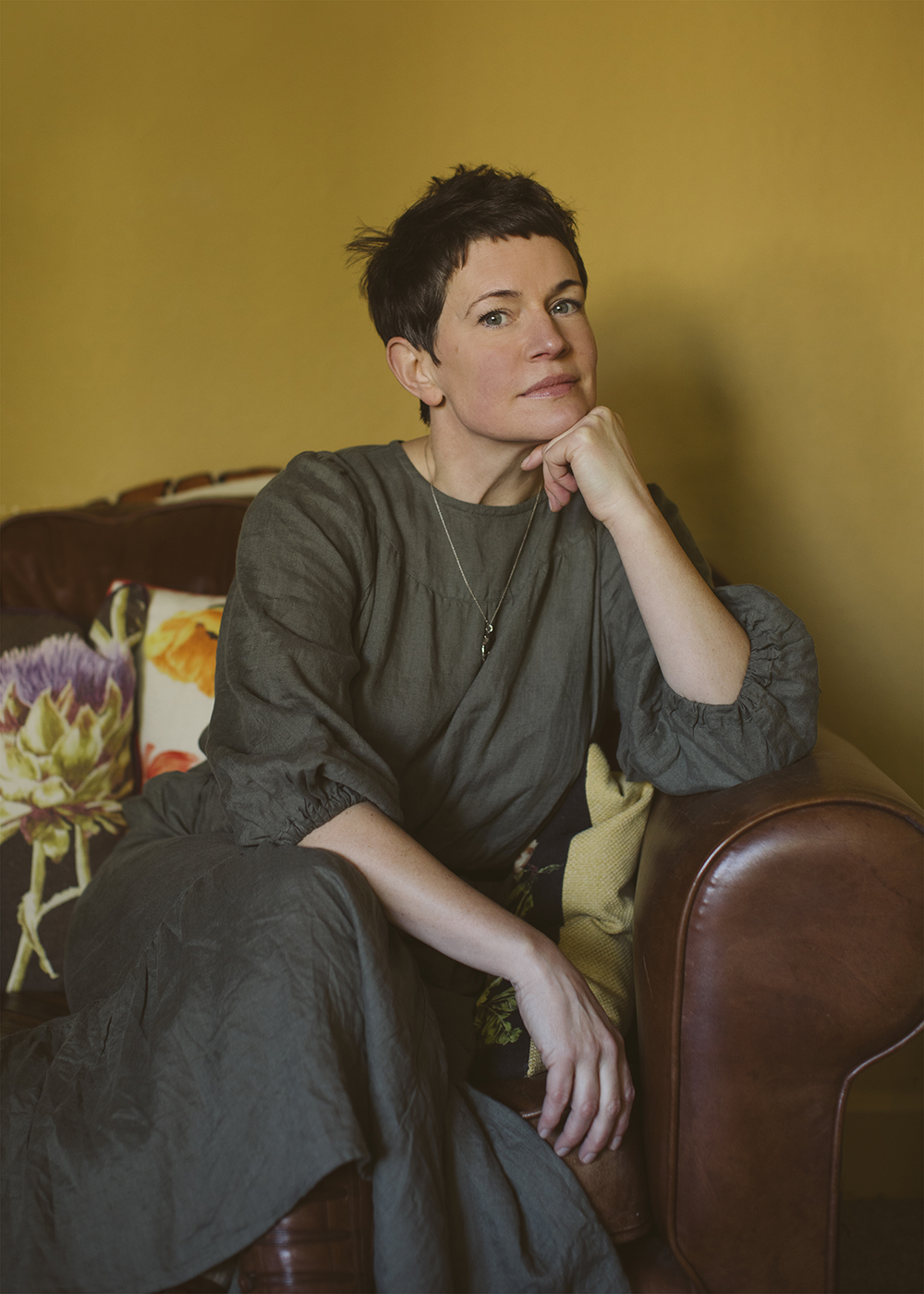
To read something by the Cumbria-born Sarah Hall is to enter a dizzying, earthy and often dystopian world where the elements rule and nature is blood red. Her nine previous short story collections and novels straddle life’s peripheries, often scratching at the limits of what it means to be human. ‘Mrs Fox’, one of her best known stories – and one of two for which she has won the BBC Short Story Prize – is a visceral tale about a woman who turns into a fox. In her 2021 novel Burntcoat, a virulent virus made Covid-19 look almost benign.
Helm is a different beast again, one she has been working on for almost 20 years. Its title and main character is Britain’s only named wind, which hits the southwest slopes of Cross Fell, in Cumbria’s Eden Valley where Hall grew up. In the opening section, we are introduced to both Helm and humanity itself: a whistle-stop evolutionary tour through the billennia via the third-person perspective of Helm, a wind that is to England what the Mistral is to southern France and the Santa Ana is to California.
Of what fantastical, phenomenal and calculable things Helm is made! Malefiance and data and lore. Atmospheric principles and folktales, spirit and substance, opposites and inversions. So many identities and personalities; it makes Helm’s heads spin.
So writes Hall in the first of 61 segments that range from drawings to archaeological finds to standalone stories to interrupted narratives set through the ages that coalesce into an extraordinary novel. ‘Cue, afterwards, lots of identity politics, superstitions, bonkers rituals and boffin theories about Helm,’ the author continues, seeking to explain both the strong, cold, north-easterly wind that occurs at specific times of year and the helmet-shaped cloud bank it creates.
Characters vary from NaNay, a Neolithic Age seer, to a present day meteorologist, Dr Selima Sutar, who is worried about Helm being caught in the cross winds of microplastics-induced climate change. Other voices include Michael Lang, a medieval wizard priest on a mission to ‘confront the malevolent form that issues from black cloud during spring and harvest’, and Thomas Bodger, ‘Bodge’ to the Royal Meteorological Society chaps, who is on an expedition to capture Helm’s spirit. ‘Marvellous! It’s about time someone wrote a book for Helm,’ the cheeky wind observes.
Hall, who has been twice nominated for the Booker Prize, sweeps from the cinematic to the specific, her prose pulsing with life and lyricism. Helm pushes both the boundaries of the novel and our relationship with nature. It left me longing to ascend Cross Fell and feel the full force of the wind for myself.








Comments